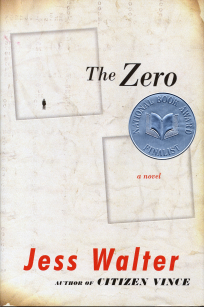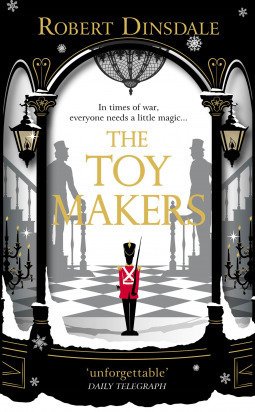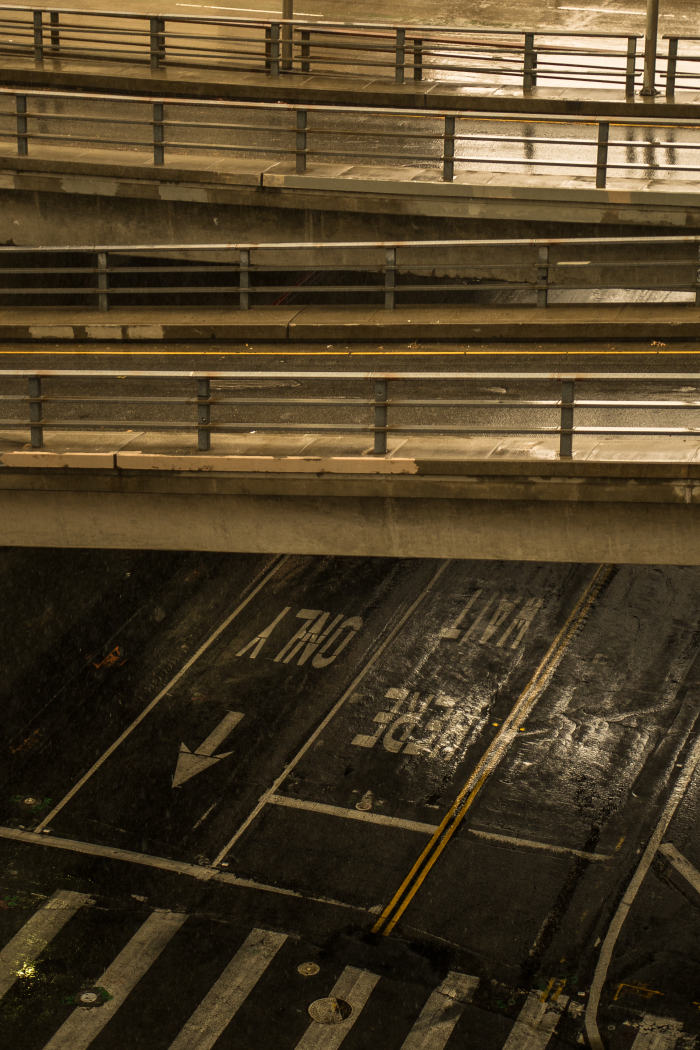 Jess Walter’s novel The Zero takes place in the aftermath of the World Trade Center attacks in 2001. The hero is a policeman assigned to the disaster site in the months following the building’s destruction. When the novel opens, he has the job of taking V.I.P.’s on private tours of Ground Zero or The Zero. Soon, he is involved in a clandestine investigation into the disaster itself and a certain young woman with a Saudi boyfriend who left New York on the morning of the attack.
Jess Walter’s novel The Zero takes place in the aftermath of the World Trade Center attacks in 2001. The hero is a policeman assigned to the disaster site in the months following the building’s destruction. When the novel opens, he has the job of taking V.I.P.’s on private tours of Ground Zero or The Zero. Soon, he is involved in a clandestine investigation into the disaster itself and a certain young woman with a Saudi boyfriend who left New York on the morning of the attack.
One thing that sets The Zero apart from more typical thrillers and that gives it an unexpected comic tone is the hero’s mental state. Prior to the start of the novel, he receives a head wound, maybe from a self-inflicted gunshot, that leaves him with no memory of the events that followed. Throughout the novel he is wondering what is going on, why he is “here,” what he is doing. He often wonders these things aloud to find that he people he is with are having essentially the same thought. How can this be?
All along I wondered what the reader was supposed to make of the narrator’s mental state. Is what happens to him really happening? Is he really doing what he describes? He wonders from scene to scene, sometimes jumping large sections of time without explaining or providing the reader with any backstory. Are we reading an account of his lucid moments or are we reading an account of his delusions?
If you have lived though anything at all traumatic then you probably know the feeling of wondering how to act when a situation is so strange we cannot believe we’re really in it. Even after looking death in the face at a funeral, it’s not uncommon to still expect to find the deceased waiting patiently at home for us to return. Even something as real as death can seem un-real. I imagine that many of those who experienced the loss of someone September 11, 2001 found this to be true. We all saw the towers fall on television, but how many of us still couldn’t quite believe it was real in the days that followed?
One way to read Jess Walter’s novel The Zero is as a commentary on the way America reacted to and dealt with the destruction of the Twin Towers. Faced with the greatest tragedy many of us could remember, we were told to go shopping. Did that really happen? What were we doing? What was going on?
Mr. Walter’s novel allows him ample room to take satirical shots at a wide range of topics. For example, the hero’s best friend, also a policeman, is offered a contract to appear on a cereal box in full uniform along with a fireman even though neither were in New York on September 11, 2001. The hero’s son pretends his father died in the collapse of the towers because he feels as much grief as though he really did what with all the news stories about the men who died and the families they left behind. His son goes through counseling to help him deal with his pretend loss, eventually recovering so completely that he refuses further contact with his father in order to move on with his life. Is this a comment on the television audience in America far from New York City who wallowed in grief they did not actually experience?
In what I think is a brilliant piece of satire, Mr. Walter creates a fictional mayor of New York known as The Boss who uses the attacks as a way to promote his own career. The Boss brings every V.I.P. who comes to town down to The Zero for a personal tour of the disaster site. He soon creates a clandestine network of agents and informers that rivals anything the Federal Government has in place.
In the end, though, I found myself wondering if The Zero is a satisfying novel? I’m not sure. Ambitious, yes. Well-executed, yes. Very funny in places, too.
But I kept getting the feeling that this has been done before. The hero’s condition feels much like the one in Christopher Nolen’s movie Momento. But audience’s position in The Zero leaves us in the dark much more than we were in Momento. In Momento we knew what was really going on in the end even if the movie’s hero did not. The plot in The Zero does not hang together as well as it did in Momento. Some of the more comic situations echo Jerzy Kozinski’s, novel Being There which featured a hero who was so uneducated, so stupid, that he never really knew what was happening around him, which didn’t stop his rise to the presidency of the United States.
But this is where the best comedy in The Zero lies. Frequently the response “I don’t know what’s going on, here,” appears profound. The hero uses it, or something like it, so often and to such powerful affect that I’m tempted to give it a try the next time I find myself at a loss for words or just stuck in a bind. The hero sincerely admits he has no idea how he came to be where he is, and everyone around him simply agrees with him. We don’t know how we got here either.
I think I’m just going to have to say that I’ve so much to say about this book that I must have loved it. I enjoyed reading it, and it certainly gave me lots of food for thought. Something I don’t typically get in a thriller.
I first ran this review on my old blog Ready When You Are C.B. back in 2012. I find myself wondering how did we get here quite often lately what with the country in the situation it is and the first still burning in Northern California. I can look out my window today and see the smoke. I might even ask it of this book since I don’t remember it at all if I’m honest. It does sound good, though. I may look for more by Jess Walter at the Friends of the Library Book Sale tomorrow. Advertisements Rate this:Share this:




